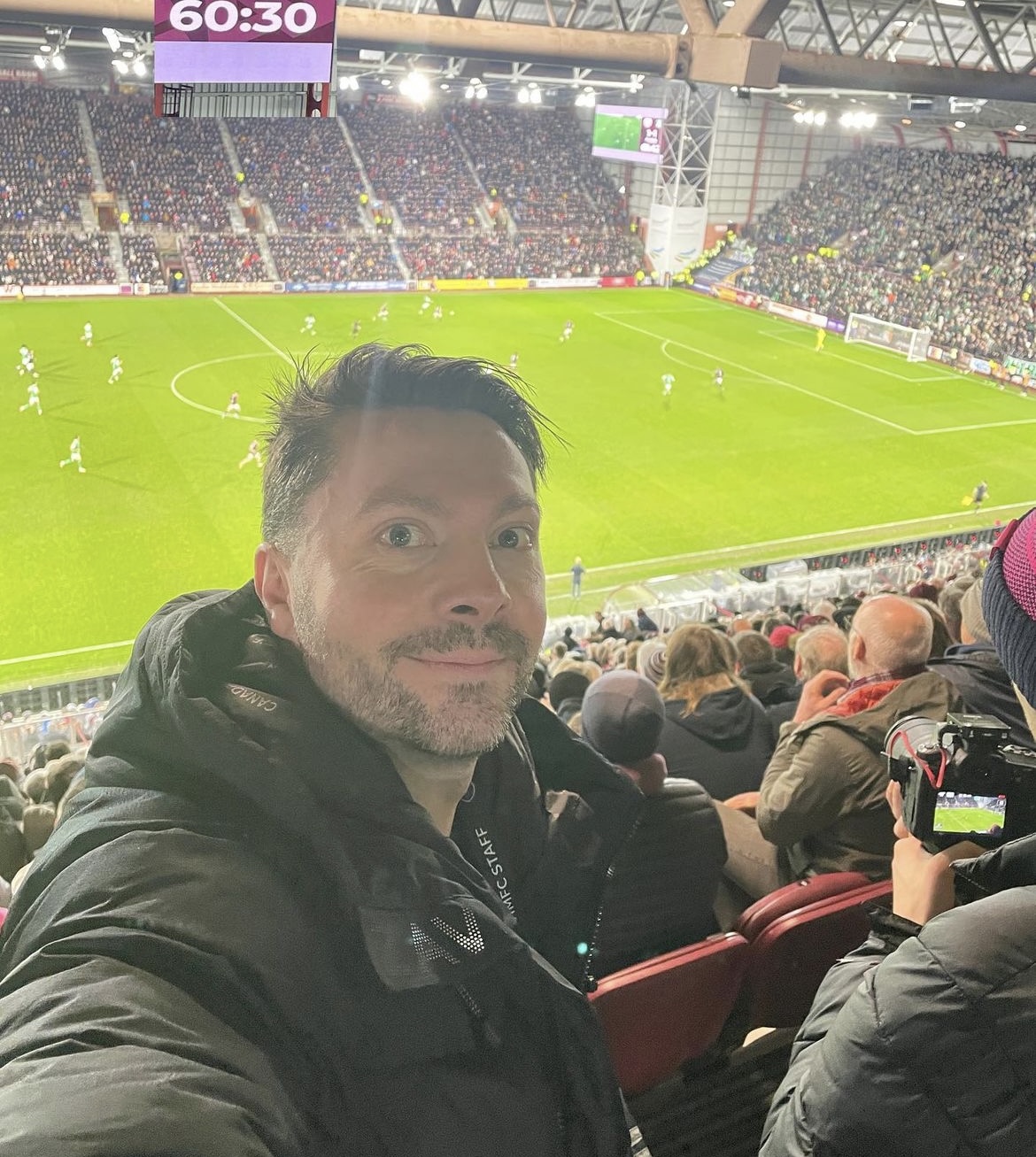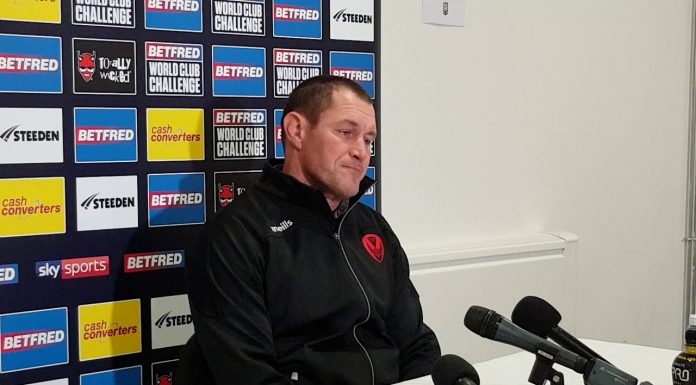A Merseyside TikTok influencer has shone light on how social media is transforming the world of Football media by its ability to engage global audiences and challenge traditional media dominance.
Pete Cosgrove, also known as ‘Pete BOC’ grew up in Wallasey and made waves in the community for his creation of the ‘Darwin, Darwin Nunez’ fan chant.
@pete_boc
Content creator Cosgrove showcases the opportunities given to hardworking creators. His near 280,000 TikTok followers and his own style of content have earned him opportunities to work with football clubs, play in influencer charity matches and become a presenter for the sports channel ‘FanHub’.
Cosgrove has given himself the chance to turn his passion into a career and believes that this shift involving creators is changing the industry.
The former teacher said: “Terrestrial TV struggles because they’ve got so many watershed issues that don’t affect social media personalities.
“This makes watching seem more real, and everything is a numbers game. If more people watch a streamer than Sky Sports, the advertisers go there. The influencer gains more coverage.
“Every fan has an opportunity to broadcast or create content. Even if you’re not the best presenter, you can make money or draw a large audience that gives you leverage to pursue football as a job.”
However, the rise of football influencers hasn’t come along without controversy. Cosgrove notes that some creators prioritize engagement over authenticity.
“Real football fans see YouTubers as mostly idiots, there are exceptions, like Stunt Pegg, but generally, posting poor takes to get engagement gives you little credibility.
“Brands don’t really care, it’s a numbers game. If you’re getting views and not being too outrageous, that’s all they want. Clubs are driven by brands and, similarly, are just businesses, so opinions get subsided by reach and audience.”

The numbers driven approach is changing how football content is produced and consumed, forcing these online creators to choose between staying authentic or chasing attention.
“If you go too safe, you don’t get enough attention,” Pete explained.
“So, you either go down that road or do things like poor takes, to make numbers.”
The social media sensation went on to highlight the challenges and competition from his own experience as a Liverpool fan.
“From a Liverpool creator perspective, people like Jonathan Morley have dominated because their audience is the Irish non-match-going crowd. If you’re a proper Scouser going to games, your audience is smaller in terms of relatability,” he said.
In the past, presenting and creating football-based content on broadcasting platforms was a career which was limited to those with the relevant qualifications and training alongside with connections in the industry.
However, today all it requires is a phone, football knowledge and a bit of confidence to start creating and being given opportunities to showcase knowledge on bigger platforms.
One of the biggest opportunities given to social media football content creators is Sky Sports’ ‘The Overlap’, hosted by Gary Neville, ‘The Overlap’ gives supporters of Premier League clubs a seat at the table.

The debates broadcasted on the show bring together a diverse group of fans from a variety of teams to share their opinions on transfers, club controversies, and relevant football topics.
Unlike traditional TV shows, ‘The Overlap’ allows for lengthy discussions. This gives content creators a chance to showcase their knowledge and personality in front of millions of viewers.
Aside from viewer entertainment, these platforms also open doors into other working avenues. Many social media content creators have used their online success to get into opportunities with media companies, brands and also football clubs.
For example, influencers such as Mark Goldbridge of ‘The United Stand’ have grown from fan channels into recognized voices in football media and the sports world, collaborating with sponsors and generating millions of views on videos which highlights how social media success can transform into financial and professional success.
It is clear to see that social media influencers have become a major factor in the football world, reshaping not just how fans engage with the game, but also with how brands and clubs approach their audiences.
Whether this shift leads to better representation of fan voices or decreases credibility in favour of clicks and views remains a big question for football’s new digital era.

















